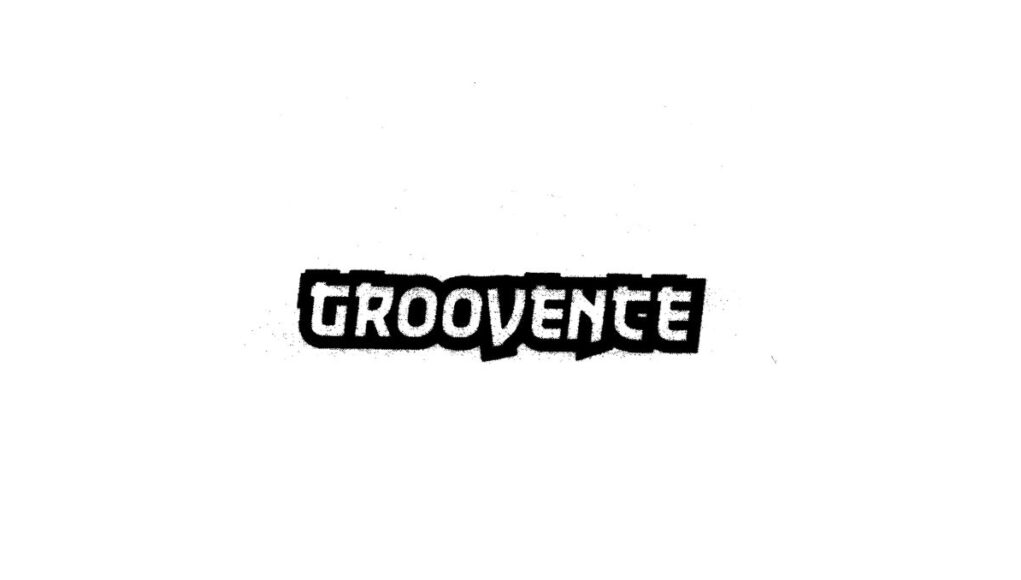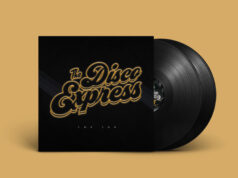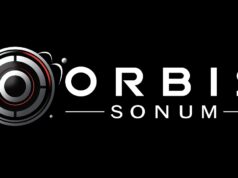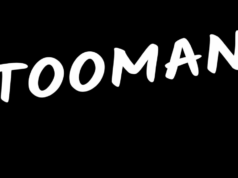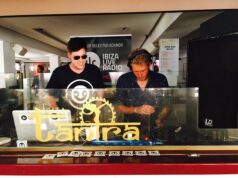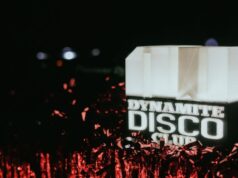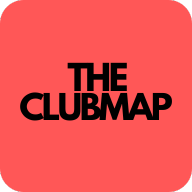Groovence was founded in 2016 between Toulouse and Paris by two close friends, François and Thibaut Besancenot, also known for their duo project Twice Movement. Born from a shared love for hip-hop, house, and club culture, the label quickly became a playground for raw yet refined dance music.
From its very first releases, Groovence spotlighted a new wave of emerging talents such as Kassian, Cody Currie, Mangabey, Tour-Maubourg, Moonee, and Tatie Dee. These carefully curated compilations carved out the label’s signature: warm, soulful, and emotionally resonant grooves. In 2017, the label relocated to Paris and became deeply rooted in the local scene, throwing intimate yet impactful events and delivering high-quality vinyl releases. Since then, Groovence has hosted around 50 events across France and Europe, and has sold thousands of records worldwide.
Over 9 years, the catalog has grown to 18 releases, featuring over 30 artists including William Florelle, Armless Kid, Saint-James, Malik Hendricks, Roy Vision, Eliogold, Ethyene, and more. Now under François’ artistic direction, Groovence continues to explore new territories—from soulful house and broken beat to UK garage, Balearic, and leftfield electronics—always with a focus on emotion, groove, and timelessness.
Groovence isn’t just a label. It’s a community, a vision, and a love letter to the versatile side of electronic music and club culture.
Hi Groovence, Good to meet you! Who is behind the label?
Hi, Thanks for having me! I’m glad to talk a bit more about the label:)
Groovence was founded in 2016 between Toulouse and Paris with my close friend Thibaut Besancenot.
At the time, we had a duo project called Twice Movement where we produced house music heavily inspired by hip hop.
When I moved to Paris in 2017, I started connecting with key players of the local scene. That became our entry point for our first compilations. Thibaut and I were both very active and, thanks to our combined energy, we quickly released our first VAs, organized our first events, and I think we genuinely reached people — It was a beautiful and foundational period for both of us.
In 2020, we mutually agreed that I would take over the label’s management and artistic direction, which I’ve been doing ever since.
When was the first idea to create the label?
It all started in Toulouse. We’re two friends from there, and we met at a party through a mutual friend.
Realizing we were on the same musical wavelength, Groovence naturally became the perfect excuse to bring together artists and friends around a common project — making music and throwing parties.
We were lucky to have some friends around us who had already set up similar structures, and they gave us valuable advice — especially on things we wouldn’t have thought of ourselves.
Once we felt ready, we thought: “Why not?” We had nothing to lose. And Groovence was born.
What is the inspiration behind the label?
If we go back to 2016, when the house scene in Paris was really booming, I’d say hip hop, house, and the sounds of Detroit and New York were the founding pillars.
We were obsessed with artists like A Tribe Called Quest, Boo Williams, Mr. G, Kevin Saunderson, Theo Parrish, and Moodymann.
We really wanted that warm and honest sound — and all our early records were built around that DNA. Same with our parties — we tried to recreate what we loved in all those different inspirations.
Over the past 9 years, the sound has evolved a lot. Today, you’ll find everything from soulful house, broken beat, deep house, balearic, UK garage, IDM… but we’re especially into pushing that leftfield and balearic side of electronic music. We’re also opening up to more indie and dance-oriented stuff.
The main focus is always emotion — music that makes you move but also something you can enjoy at home, in a more intimate setting.
Do you have any statistics since the label was created—how many releases, how many vinyl, and how many units have been sold?
Sure, here are a few numbers:
- 9 years of existence
- 18 releases
- Around 30 artists on the label (some of them : Tatie Dee, Casper Ellis, Kassian, William Florelle, Armless Kid, Tour-Maubourg, Saint-James, Malik Hendricks, Roy Vision, Eliogold, Labeuz, Beringei, Cody Currie, Kevin Over, Mangabey, DJ Heure, Twice Movement, Ethyene, Luvless, and more…)
- Thousands of records sold and shipped worldwide
- Around 50 events organized in France and across Europe
Can you describe what a typical office life means for you?
I split my time between my studio in downtown Marseille — which I’ve just finished building — and my home, about 50/50. So my „office“ is really these two spaces, which have become the heart of my life and a dream come true for me.
I handle all the admin and logistics from home, and everything sound-related — music, A&R, production, DJ work — at the studio.
That includes making music, prepping contracts, managing the label’s distribution, working with designers, doing interviews (which I love!), discovering new talent, mixing tracks, managing our two-year residency at Le Chapiteau here, organizing events, handling vinyl production, travel logistics for shows, and — of course — listening to a ton of music every day, both for DJing and for curating the label.
Recently I’ve also started producing and arranging for other artists, which is taking up more and more of my time. It’s a lot — but things are finally finding their rhythm these days
The label is more stable financially, I’ve automated a lot, learned to delegate (which I was bad at), and now I have more brainspace for creative stuff.
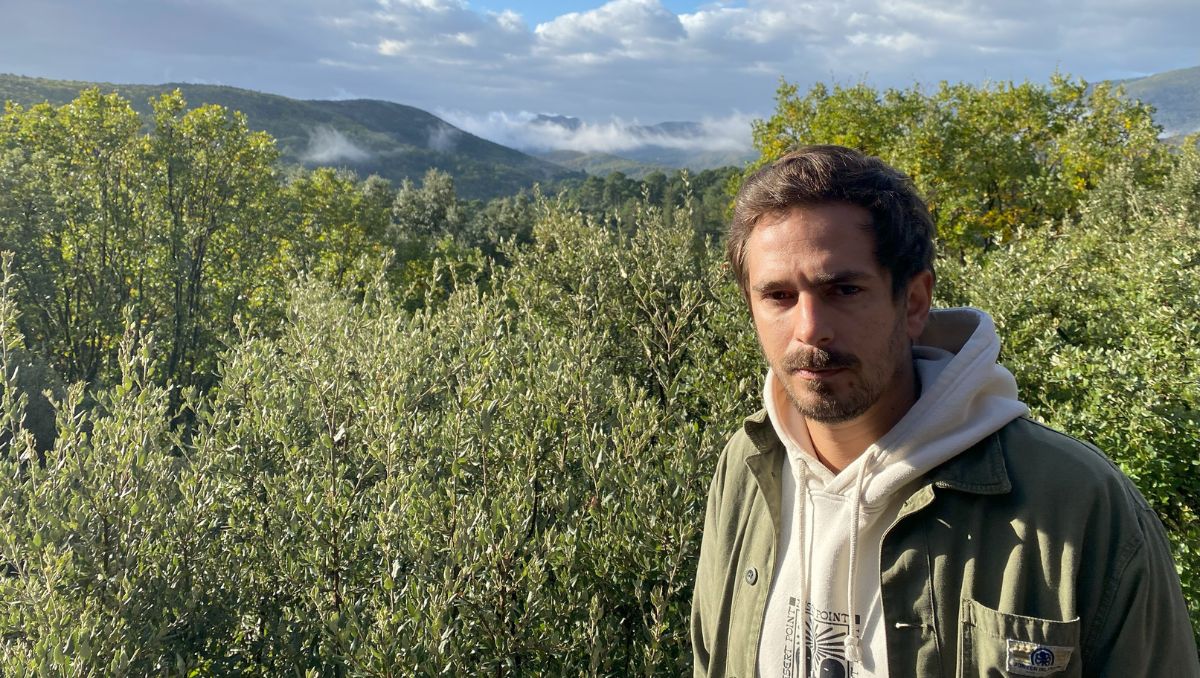
Do you produce yourself or are you a DJ?
Yes, I do both with my own project , Moonee
I released my debut solo album last year on Oath (Istanbul), and I’ve started touring across Europe and France with this project — it’s been amazing. It also helps shine a light back on the label, allowing me to host Groovence label nights with our artists.
The two projects really feed into each other, and I love having that dual energy.
If you want to check out my music, my fifth EP, Ghosts of Massilia, is dropping on May 16th via Groovence, and we’re building a mini-tour around it. I’m also working on a live set for winter 2025.
Having my own music project wasn’t the original plan — it came naturally over the years. I’m proud I took that step, found my small audience, and now feel like sharing my own sound just as much as I share others’ through the label.
Which distribution channels do you use?
Yoyaku in Paris handles all our physical and vinyl distribution — they’re super professional and very responsive. For digital, it’s Alter K (formerly Pschent) who recently took over our catalog. They’re doing an excellent job and helping us find new audiences.
We also sell directly to fans through Bandcamp, which I’m very attached to.It’s important to keep that direct connection with our listeners. We still pack orders ourselves — and I love it!
Like sending a record to someone in Japan /India or Nashville ? That’s pure joy to me.
Where do you find hungry and ambitious artists?
I wouldn’t say I’m specifically looking for “hungry” or “ambitious” artists at first.
Of course, it’s a competitive field and drive is important — but I’m more drawn to artists who are grounded, confident in their vision, and whose projects have had time to mature.
Half the artists I sign are newcomers with something to prove, but they already have a clear sonic identity — and that’s what I want to support.
That’s ambition to me: they’ve taken time to craft their unique sound, and we develop their vision together.
I see the label as a witness and a support system — not something that should rebrand or reshape artists to fit its own identity. That’s where everything starts sounding the same, and we lose the soul of the project.
What impact does Spotify streaming have on the economic location of an indie label?
Pretty minimal, to be honest.
If we imagine the average payout, it’s really not much.
For labels that have found their niche and a solid local audience, the income from Spotify is almost anecdotal.
I see Spotify as a giant lottery — who will pass the curator test? Who gets playlisted?
Sure, it’s a factor to consider when promoting your music, but it’s not the be-all-end-all.
I guess, smart labels now know there’s just as much value in getting support from tastemakers, local radio, and building real-world impact — regionally, nationally, even across Europe.
It’s about defending your music through gigs, managing your rights, talking to press, and growing a real connection with listeners in your own ecosystem.
That’s what builds a stable foundation.
If you’re looking for new music, what are the key elements and factors you’re looking for, apart from the fact that it’s obviously a great track?
An even greater track ? Xd
I think that when it comes to music Instinct speaks first — I want to hear something different from what’s already out there.I also want music that stands the test of time.
If I like a track after one listen, great — but that doesn’t necessarily make it a good record for the label.
If, after 5 to 10 listens, I still feel excited, that helps me project its relevance.
I want people to come back to the label, to revisit our catalog years from now and still feel something.
A lot of tracks today feel soulless to me — and that’s partly because, to please a global audience, music often has to be catchy, overproduced, full of hooks and drops… but at the expense of building a real universe or sharing an emotion. And that’s what matters most to me.
When a track hits that emotional core and makes you move — that’s usually a big yes.
How would you describe the label’s style and vision?
The label’s vision and identity have taken shape organically over time — through encounters, conversations, and all the music we listen to and discover along the way.
Groovence has recently opened up to a much broader spectrum of sounds. Our latest releases, I hope, reflect that desire to move beyond genre constraints.
Emotion is the thread that ties it all together, but the palette keeps expanding: Jazz House, IDM, Dub House, Indie Dance — and of course still deep house and broken beat, now in rawer, sometimes more balearic forms. There are also more experimental, deconstructed projects in the pipeline.
I’m really excited to share what’s coming next
For the producers out there who send their demos via email, what tips would you give them if they send their tracks?
Stay true to your music and to who you really are — take the time to craft your sound, no matter how much time and dedication it requires. Do it first and foremost to make yourself happy — that’s how the right message will truly reach listeners. Don’t try to produce something just to please a label. Once you’re aligned with your project, sincere and confident in what you do, both labels and listeners will come to you :) Don’t hesitate to self-release at first — it’s a great way to get your music out there. And most importantly, don’t be shy with your demos: send them to your friends, your family, to labels. If you present them properly and with respect, they’ll always find a willing ear — I truly believe that
This ties back to what we were saying earlier about the hegemony of Spotify and Instagram over the way we create music and share our messages online. Honestly, I think it would be a good thing if all that started to fade. Music speaks for itself — and through it, I believe we tell stories that are far more meaningful and lasting than our Spotify stats or the number of followers we have.
Buy/Stream ‘Ghosts Of Massilia’ HERE
Instagram Handles for collab post –
https://www.instagram.com/groovence_discs
https://www.instagram.com/francois_moonee


